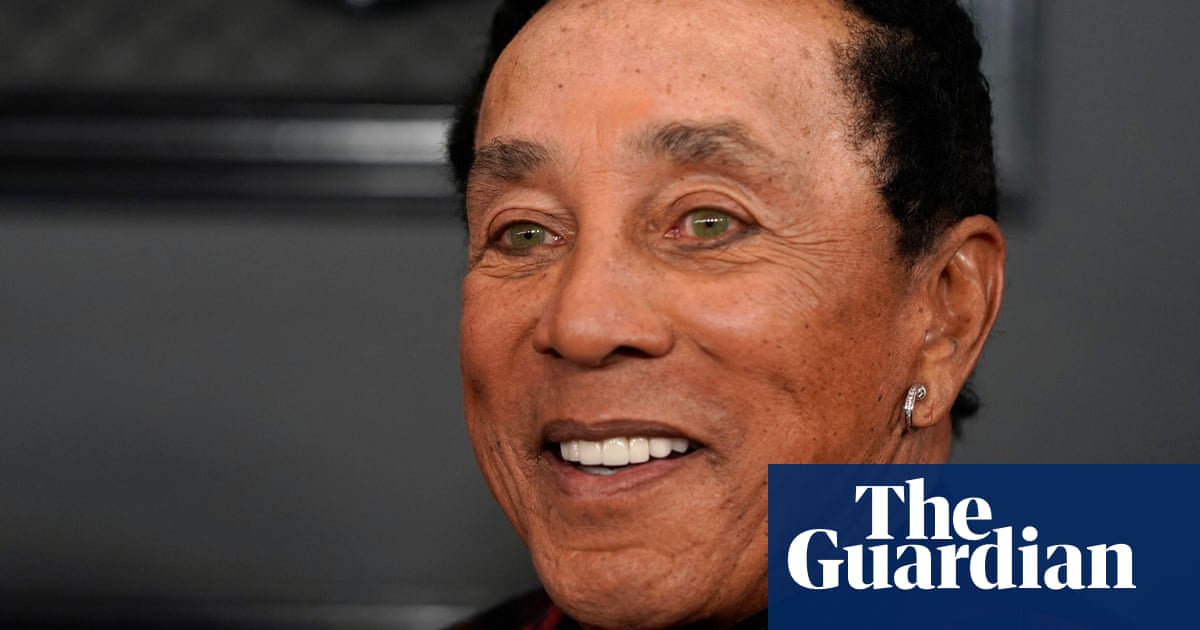The recent allegations against Smokey Robinson have sparked a significant public discourse, particularly in light of his status as a revered Motown artist. The unfolding situation raises questions about the implications of such accusations not only for Robinson but also for societal perceptions of sexual assault claims.
Public Perception and Media Influence
The article presents a narrative that could shape public perception regarding both the allegations and the character of Smokey Robinson. By emphasizing the serious nature of the claims and the alleged history of misconduct, the report may lead the audience to form a judgment before the investigation reaches any conclusion. The framing of Robinson's lawyer's comments as defensive might suggest an attempt to manipulate public opinion in favor of the accused, potentially leading to a media circus as described.
Character of the Allegations
The nature of the allegations being described as those of a "serial and sick rapist" can evoke strong emotions and a sense of outrage among readers. This language is designed to provoke a visceral reaction, which could overshadow the presumption of innocence that is foundational in legal contexts. Such language often serves to rally public sentiment against the accused, which is a powerful tool in media narratives.
Hidden Agendas and Distractions
While the article focuses on the allegations, it does not delve into the broader context of how such accusations can reflect on societal issues, such as labor rights and workplace abuse. The mention of labor violations alongside the sexual assault claims suggests a multifaceted issue that might distract from the serious implications of both allegations. This duality could be a tactic to divert attention from other pressing societal issues.
Comparative Analysis
When compared to similar allegations against other public figures, this case fits within a broader pattern of how allegations are reported and perceived. Media coverage often varies based on the celebrity's public image, and Robinson's status as a beloved artist complicates the narrative. The dynamics of fame and the public's attachment to celebrities can influence how allegations are received, potentially leading to a divided public opinion.
Potential Societal Impact
The fallout from this case could ripple through various sectors, influencing public attitudes toward sexual assault claims and celebrity accountability. There is a potential for increased scrutiny on labor practices within the entertainment industry, particularly concerning the treatment of employees. This situation could also heighten awareness of sexual harassment and assault, prompting discussions within communities about the treatment of women and workers.
Target Audience
The report is likely to resonate more with communities advocating for women's rights and those concerned with labor rights. It seeks to engage readers who are invested in issues of justice, particularly in cases involving powerful figures. The language and tone suggest an appeal to those who may already be sympathetic to the plight of the alleged victims.
Market Implications
In terms of economic impact, there may be short-term effects on Robinson’s touring schedule and album sales, particularly if public sentiment shifts against him. Investors and stakeholders in the music industry may closely monitor the situation, as high-profile scandals can lead to fluctuations in financial performance for those involved.
Geopolitical Context
While this news may not directly relate to global power balances, it reflects ongoing societal struggles regarding gender and power dynamics, which resonate with broader movements for social justice. The timing of the allegations may also intersect with current societal debates around accountability and systemic abuse.
Use of AI in Reporting
There is no evident indication that AI has been explicitly employed in crafting this specific article, but journalistic standards typically involve research and fact-checking processes that could be supported by AI tools. The tone and structure suggest traditional reporting methods, focused on clarity and emotional engagement rather than algorithmic generation.
In conclusion, the report serves multiple purposes: to inform the public, to shape perceptions, and possibly to distract from broader societal issues. The reliability of the news hinges on the unfolding investigation and the eventual legal outcomes, making it challenging to ascertain the full truth at this stage.
